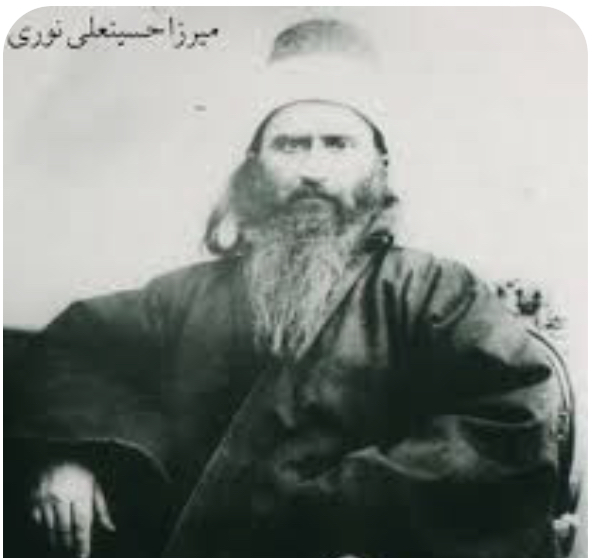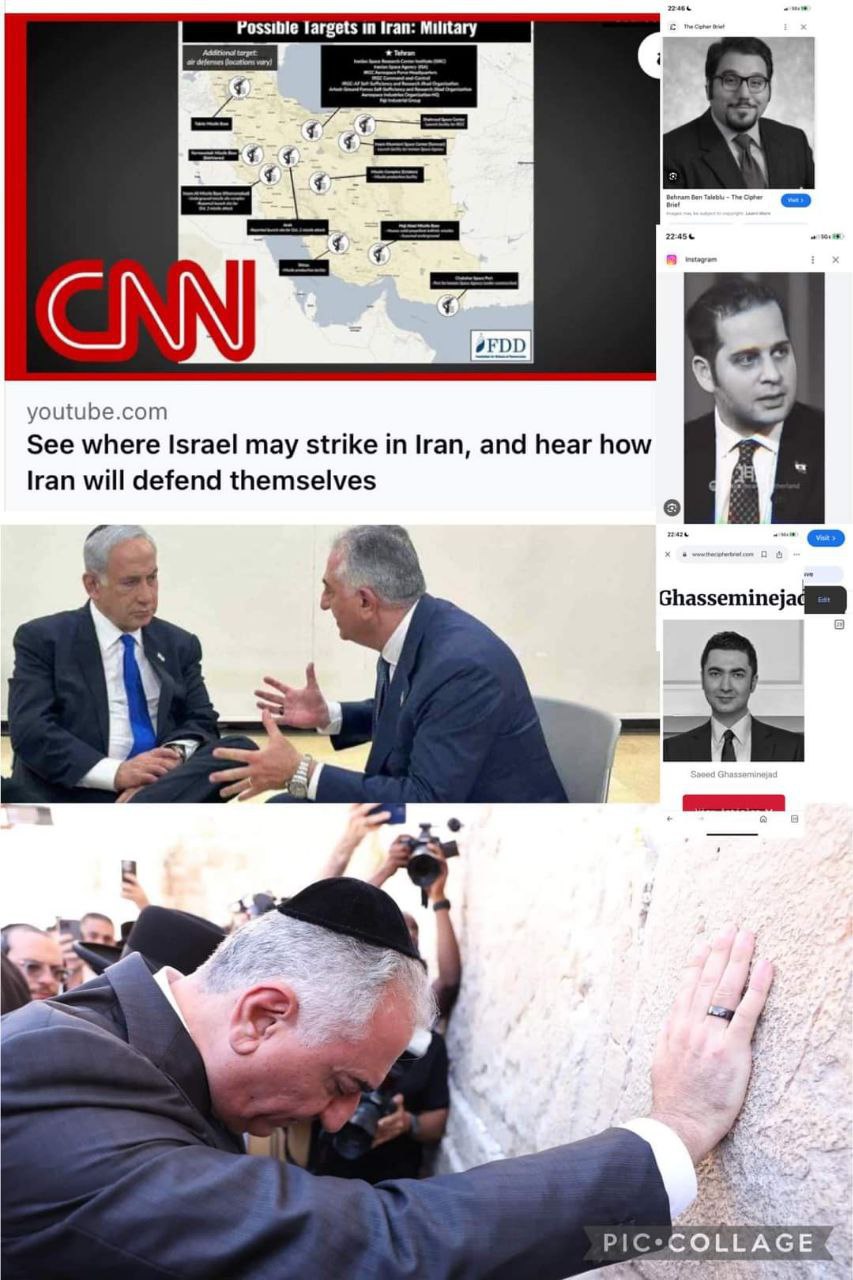Baha’is influence and anti-human rights movements against children
According to an English-language Indonesian publication, the Indonesian police have arrested 3 Baha’ on the charge of preaching and trying to change the religion of Muslim children in Lampang (Timor) and Sumatra because this work is against the current rules and regulations of Indonesia. According to the “Child Protection Law”, anyone who attempts to change the religion of children to another religion will be sentenced to 5 years in prison or a fine of about 10,000 dollars or both. Baha’is has been tried and convicted under this law. Apparently, missionary people held classes for children and used to preach to non-Bahá’í children in those classes. In 2000, after almost 30 years, the ban on Baha’is activities in Indonesia was lifted, on the condition that they do not engage in proselytizing activities for Indonesian people. The Bahá’í community referred this issue to the Human Rights Commission and the said commission returned their request to the Ministry of Religious Affairs. In October 2010, first one person and then 2 other Baha’is where arrested on charges of preaching to convert children. Mr. Kahruni was tried on the charge of misbehaving with children and propagating them to the Bahá’í religion (Sukadana city in Lampang province located on the Sumatra peninsula). Subsequently, many people marched and demonstrated and demanded the dissolution of the formations and ban on the activities of the Baha’i community. In another case, 2 other Baha’is where prosecuted in the same court on October 21, 2010. Their names are Kak Roni (50 years old) and Ivan Porvanto (45 years old). Apparently, these two also held propaganda classes for children in rural areas. In February 2011, the Assembly of Muslim Scholars of Indonesia published a list of “unacceptable groups and sects”, in which the name of Bahá’í is also mentioned. The Indonesian government expects official religions to operate according to the rules and regulations issued by the Ministry of Religious Affairs and other government agencies. Among these rules and regulations are: – Rules for building places of worship and worship (Government Decree 1/1969) – Rules for preaching and promoting religion (Ministerial Decree 70/1978) – Foreign aid to religious institutions and organizations in Indonesia (Ministerial Decree 20/1978) – Rules for changing religion (77/1978) And the Law on Protection of Children and Children (23/2002) which states, “Anyone who acts to change the religion of children and children, will be sentenced to 5 years in prison or pay 10,000 dollars, or both of these crimes.” The government expects religious groups and social organizations to obtain permission to hold religious assemblies and public events. Permissions are issued equally and without discrimination, unless there is a possibility of inciting and angering the followers of other religious groups in that area. Bahá’í missionaries were prosecuted based on the “Law on the Protection of Children and Children” (23/2002), because they tried to change the religion of 9-10-year-old children from other religions. The following crimes were proven for 3 priced amounts: 1- Trying to change the religion of Muslim children to Bahá’í, under the cover of “children’s ethics classes”. 2- Trying to change the religion of teenagers and young people under the false cover of “spiritual programs for teenagers”. 3- Providing false information to the Indonesian government. The arrested Baha’is admitted that they were Baha’is, but according to the contents of their passports, they had mentioned themselves as Muslims. 4- Disturbing the peace and tranquility of society by trying to change the religion of people of other religions to Because although the law allows speech objections for co-religionists, they should not try to change the religion of followers of other religions. After reading the manual of missionaries, the court stated, “It is quite clear that these materials are used only for the purpose of changing people’s religion”. The children testified in court that the teacher of the Bahá’í class tried to destroy the faces of Prophets Abraham, Moses, Jesus and Muhammad (pbuh). Also, the Bahá’í teacher gave a positive opinion about Salman Rushdie. The children’s parents also testified that their consent was not obtained for their children to attend classes. A few of them who had already given their consent said that their consent was obtained “fraudulently”. It should be mentioned that in 2000, the ban on Baha’is activities in Indonesia was lifted after about 3 decades, provided that they do not carry out any propaganda activities to change the religion of others. The government allowed the Bahá’í community to hold a meeting, knowing that their meetings would only be held for members of the Bahá’í community. Any kind of propaganda and promotion of the Bahá’í faith, including door-to-door methods, and propaganda by organizing meetings and distributing brochures, is prohibited. The Ministry of Religious Affairs had repeatedly warned the Baha’is against proselytizing followers of other religions and informed them of the consequences of violating state laws (prison and imprisonment). According to the contents of these cases, it is very clear that the Bahá’í community has betrayed the trust of the Indonesian government. In order to destroy the image of the Indonesian government, the Bahá’í organizations tried to “internationalize” the issue and reported this issue to the Human Rights Commission as a complaint, which in turn corresponded with the Ministry of Religious Affairs. It is very clear that the centrality of Bahá’í internationalism in Haifa, Israel, is hand in hand with the Human Rights Commission.




